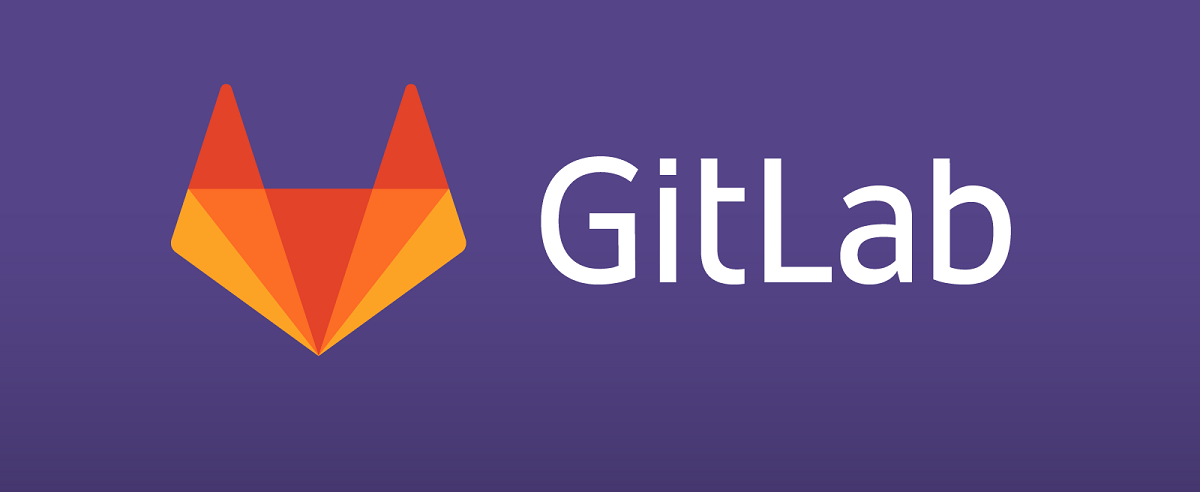
Go that Gitlab has given something to talk about in recent days and it seems that finding a way to reduce costs has not only tried to modify some aspects of user accounts, because recently I had in mind the delete repositories with more than a year of inactivity, decision that caused the community to split.
But this is not to worry, because after a few days GitLab retracted its bet and decided to try to cut costs in another, smarter way.
Now another move by Gitlab has surprised many, Well, before the pandemic, the platform had already implemented remote work among several of its employees, which, after more than two years of working in this way, has been reflected in their pockets.
Since the provision in relation to the management of the computers of the IT team that wakes up the decision of GitLab to prohibit the use of Windows for the latter.
The company cites several reasons, including the cost of licenses and the security aspect.. Since Gitlab is a web-based platform, the contradictions relate to the testing possibilities available to IT team members in various browsers, including Microsoft Edge.
“Due to Windows' dominance of desktop operating systems, Windows is the most targeted platform for spyware, viruses, and ransomware. macOS comes pre-installed on Apple computers, and Linux is available for free.
To approve the use of Windows, GitLab must purchase Windows Professional licenses, as Windows Home Edition does not comply with GitLab's security guidelines. Since many laptop purchases were made by employees who were later reimbursed by GitLab, a remote employee typically purchases a laptop pre-installed with Windows Home Edition. Windows Home Edition is notoriously difficult to protect.
The maneuver makes sense for some who believe it allows Gitlab IT team members to focus on their work instead of the security aspect. Others are more of the opinion that Gitlab could also have opted for the provision (of its IT team members) of computers more suitable for corporate use.
Our only approved Linux laptop vendor at this time is Dell. These laptops usually come preloaded with Ubuntu Linux to save money on unused Windows licenses. Dell does not currently sell laptops with Linux pre-installed in Australia and New Zealand; staff will need to install Linux themselves.
Current developments also mention the possibility for Gitlab IT team members to use a Windows virtual machine inside a Linux host.
In fact, Gitlab's decision is nothing new. Google must have opened up to macOS and Linux in the same way in the past. The decision followed after the hacking of Google China facilities (based on Windows PCs) in 2010.
“We abandoned Windows PCs in favor of the macOS operating system after the hacker attacks in China,” said a manager, adding that “employees have the option to use Linux computers as the operating system.
On the part of web browsers, it is worth mentioning that there are also different points of view on the existing ones, but basically they are Chrome, browsers based on Chromium (chrome) and Firefox. The thing about touching on browsers is that Chrome, for example, doesn't display menu items identically on different operating systems. Also, some selection style rules are interpreted differently depending on the platform the browser is running on.
Lastly, it should be mentioned that GitLab approves the use of Mac or Linux among employees in its ranks, in addition to the fact that at the moment it mentions that only Dell is the only approved supplier to be able to acquire computers with pre-installed Linux.
Finally if you are interested in knowing more about it About the note, you can check the details in the following link.